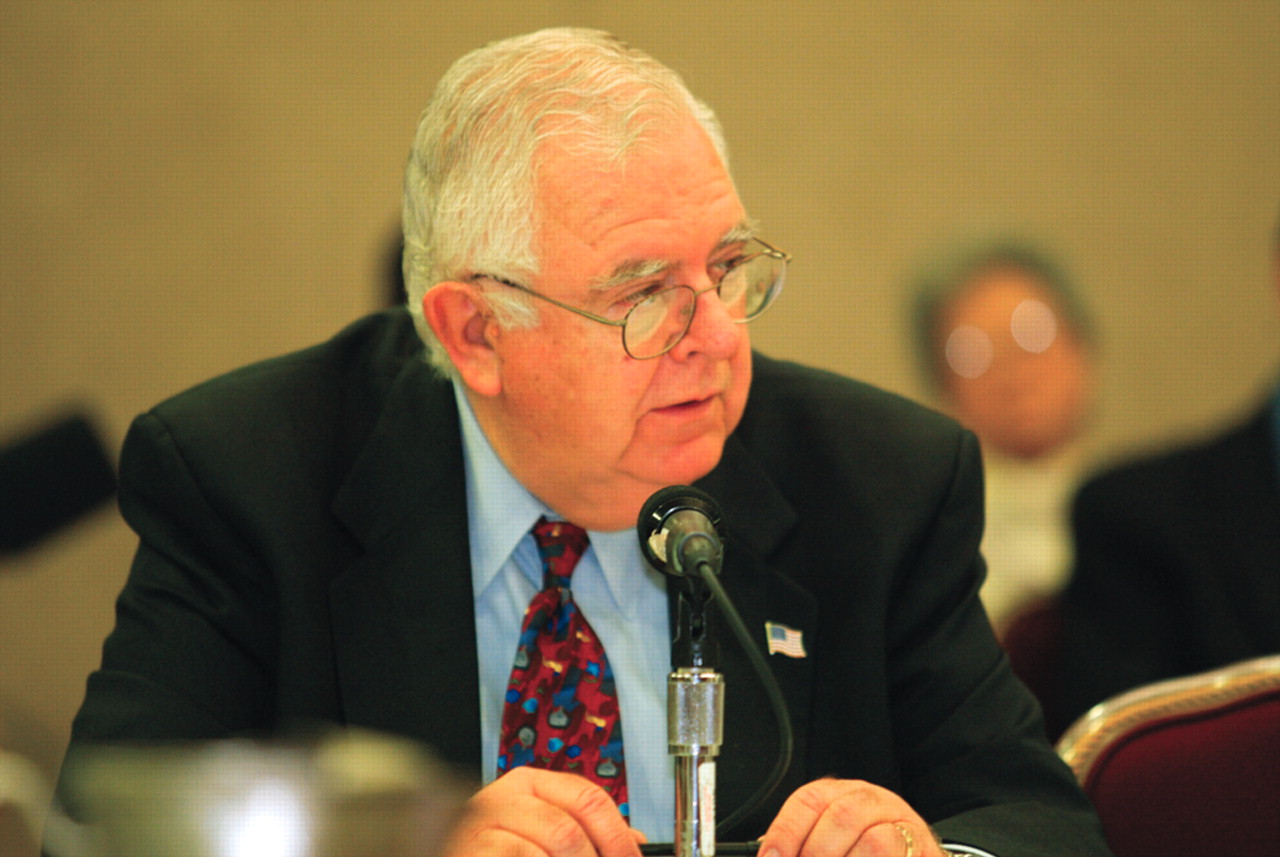Reflections on September 11

English, who is chair of the psychiatry department at St. Vincent’s Medical Center in lower Manhattan and professor and chair of psychiatry and associate dean at New York Medical College, characterized September 11, 2001, as “a day when our country learned of its vulnerability.”
“Our vulnerability was but the first lesson of that terrible day,” he said. “We were soon to witness the heroic acts of our police and firemen, our ordinary citizens, and a mayor who, the day before, was New York’s mayor, but on that day became the world’s mayor.
“And what this Board shall do, after these few minutes of reflection, is to return to its work as the governance of a profession, founded by Benjamin Rush, who risked all in signing the Declaration of Independence and who dedicated his life to the pursuit of liberty—liberty from the tyranny of a king and from the chains and stigma of mental illness.”



